10 Sleep Apnea Symptoms - Early Signs and Symptoms
Sleep apnea is a common sleep disorder characterized by repeated interruptions in breathing during sleep. These interruptions can lead to poor sleep quality and a variety of health problems if left untreated. In this article, we will discuss 10 early signs and symptoms of sleep apnea that you should be aware of. Recognizing these symptoms can help you seek appropriate treatment and improve your overall health.
Loud Snoring
One of the most common symptoms of sleep apnea is loud snoring. While not everyone who snores has sleep apnea, it can be a sign of the disorder, especially if it is accompanied by other symptoms[[1]]. Snoring occurs when the flow of air through the mouth and nose is partially blocked during sleep, causing the surrounding tissues to vibrate and create the sound of snoring[[2]].
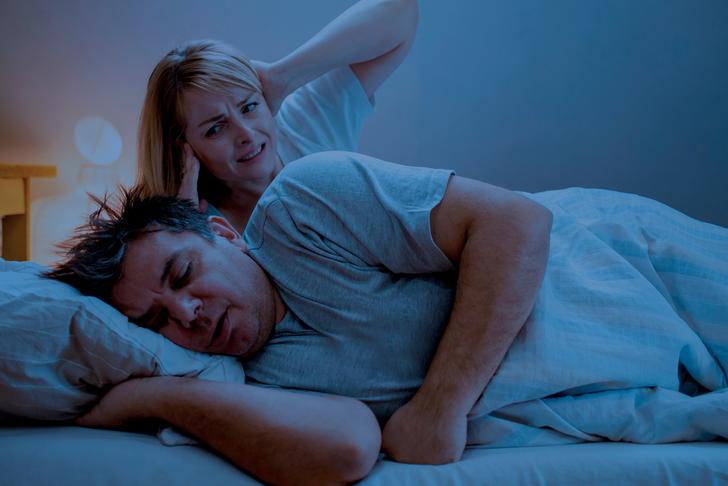
Advertisement
Gasping for Air During Sleep
People with sleep apnea may experience episodes of gasping for air or choking during sleep. This occurs when the airway becomes completely blocked, causing a temporary cessation of breathing[[1]]. These episodes can be frightening for both the person experiencing them and anyone who may witness them.
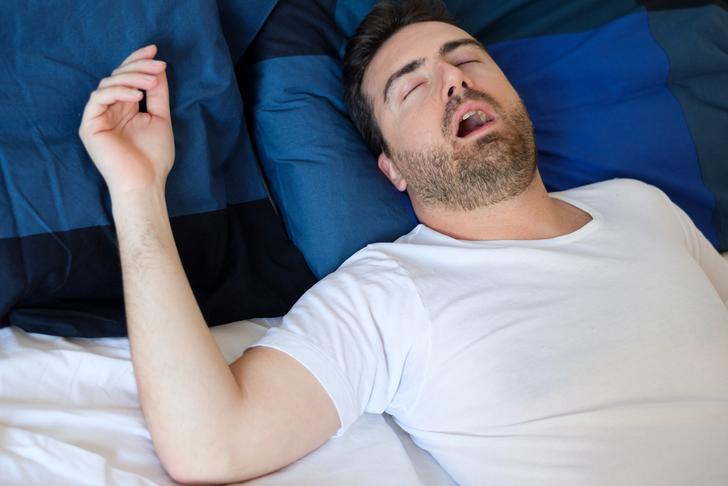
Advertisement
Frequent Awakenings
Sleep apnea can cause frequent awakenings throughout the night, often without the person realizing it. These awakenings can lead to fragmented sleep and a feeling of unrefreshed sleep upon waking[[3]].
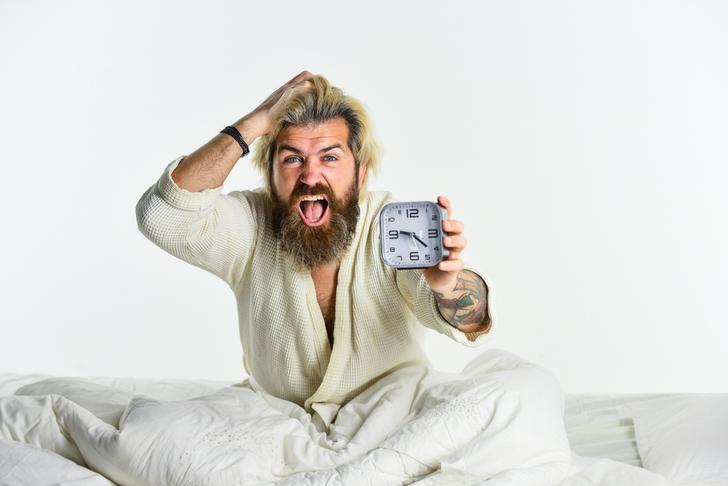
Advertisement
Morning Headaches
Morning headaches can be a sign of sleep apnea, as the repeated interruptions in breathing can lead to lower oxygen levels in the blood. This can cause blood vessels to dilate, resulting in headaches upon waking[[4]].
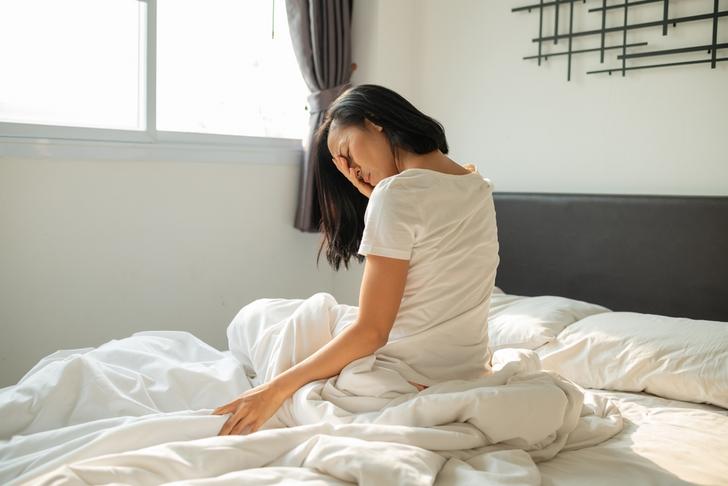
Advertisement
Excessive Daytime Sleepiness
Excessive daytime sleepiness is a common symptom of sleep apnea, as the frequent awakenings and poor sleep quality can lead to a lack of restorative sleep. This can result in difficulty staying awake during the day, falling asleep at inappropriate times, and a general feeling of fatigue[[1]].
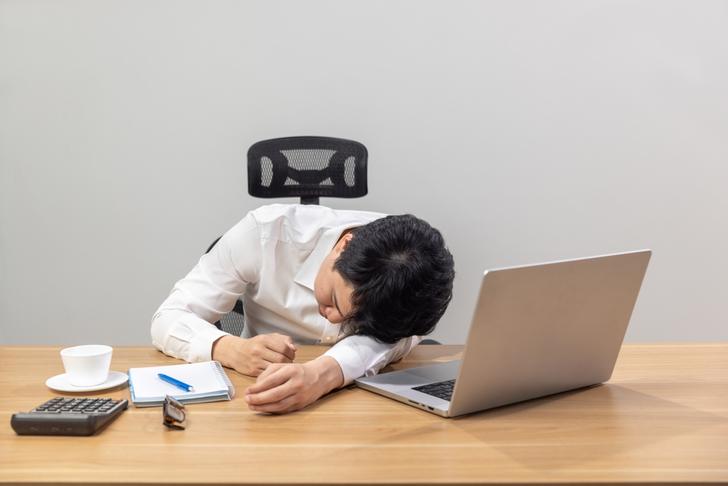
Advertisement
Difficulty Concentrating
Poor sleep quality due to sleep apnea can also lead to difficulty concentrating and memory problems. This can affect work performance, school performance, and overall cognitive function[[3]].

Advertisement
Irritability and Mood Changes
Sleep apnea can cause irritability and mood changes due to the lack of restorative sleep. This can lead to increased stress, anxiety, and even depression in some cases[[2]].

Advertisement
Dry Mouth or Sore Throat Upon Waking
People with sleep apnea may experience a dry mouth or sore throat upon waking. This can be a result of breathing through the mouth during sleep due to a blocked airway[[4]].
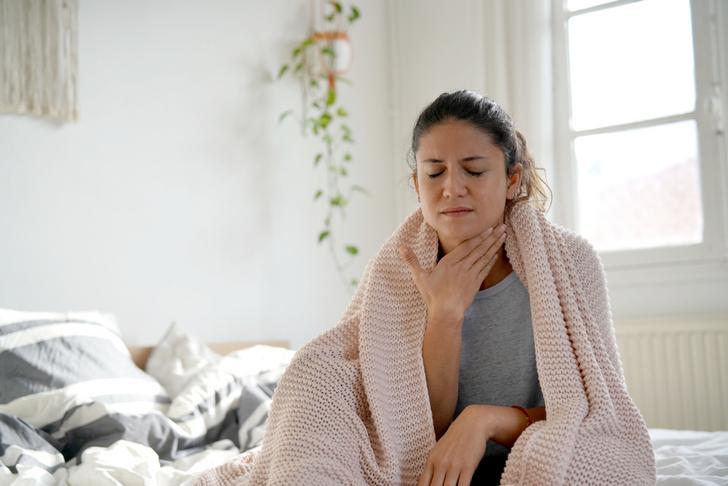
Advertisement
High Blood Pressure
Sleep apnea can contribute to high blood pressure, as the repeated interruptions in breathing can cause stress on the cardiovascular system. This can lead to an increase in blood pressure and an increased risk of heart disease[[1]].

Advertisement
Decreased Libido
Sleep apnea can also lead to a decreased libido, as the lack of restorative sleep can affect hormone levels and overall energy levels. This can result in a reduced interest in sexual activity[[2]].
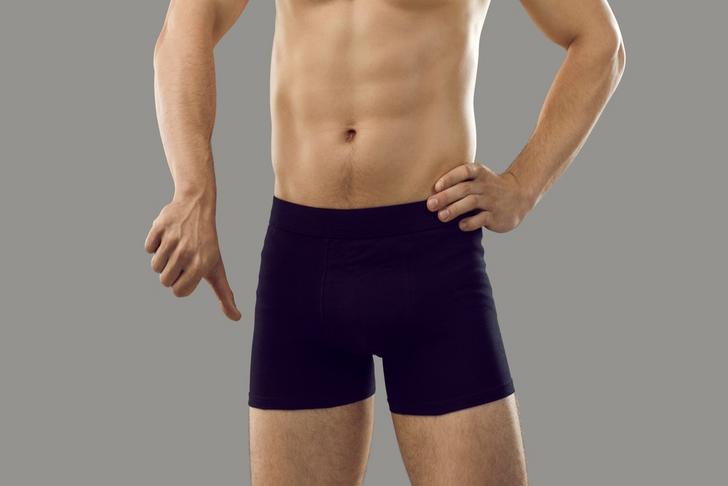
Advertisement
Causes of Sleep Apnea
Sleep apnea is a common and potentially serious sleep disorder that involves repeated pauses in breathing during sleep. It comes in two primary forms: obstructive sleep apnea (OSA) and central sleep apnea (CSA).
Obstructive sleep apnea (OSA): This is the most common form, caused by the partial or complete blockage of the upper airway during sleep, typically when the throat muscles intermittently relax and block the airway during sleep.
Central sleep apnea (CSA): In CSA, the brain doesn’t send proper signals to the muscles that control breathing. This type of sleep apnea is usually associated with serious illness, especially an illness in which the lower brainstem, which controls breathing, is affected.
Advertisement
Treatments for Sleep Apnea
The treatment options for sleep apnea can range from lifestyle changes to medical devices and surgical interventions:
Lifestyle changes: These are usually the first steps in treating sleep apnea and include losing weight, quitting smoking, reducing alcohol consumption, and changing sleep positions.
Continuous positive airway pressure (CPAP) therapy: This is the most common treatment for moderate to severe obstructive sleep apnea. The CPAP device is a mask-like machine that provides a constant stream of air that keeps your breathing passages open while you sleep.
Oral appliances: Dentists can design devices that hold your lower jaw and tongue forward to keep the airway open.
Surgery: If other treatments don’t work or aren’t wanted, surgery might be an option. Surgery can adjust or eliminate the tissues in your throat that collapse and cause snoring and sleep apnea.
Advertisement
Conclusion
Sleep apnea is a prevalent and potentially severe sleep disorder characterized by repeated pauses in breathing during sleep. Recognizing the early signs and symptoms is crucial for timely intervention and treatment, which can significantly improve overall health and quality of life.
Treatment options are varied and tailored to individual needs, ranging from lifestyle modifications to medical devices like CPAP and even surgical interventions. If you or a loved one are experiencing symptoms indicative of sleep apnea, such as loud snoring, pauses in breathing during sleep, and excessive daytime sleepiness, a consultation with a healthcare professional should be sought. Early detection and treatment are key to managing sleep apnea and mitigating its potential health impacts.
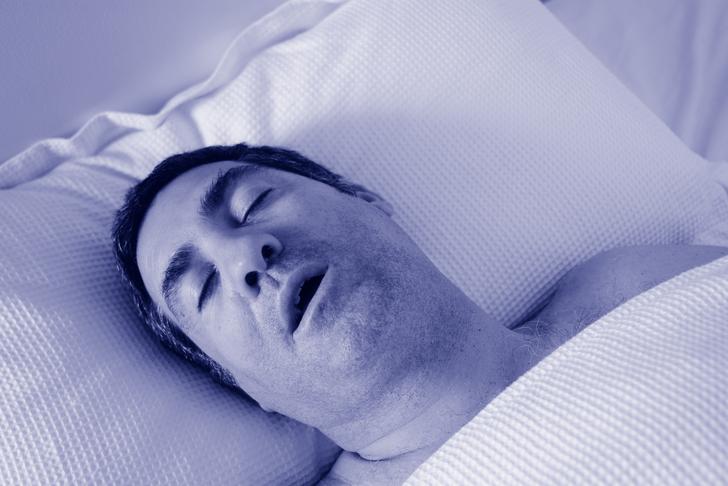
Advertisement





